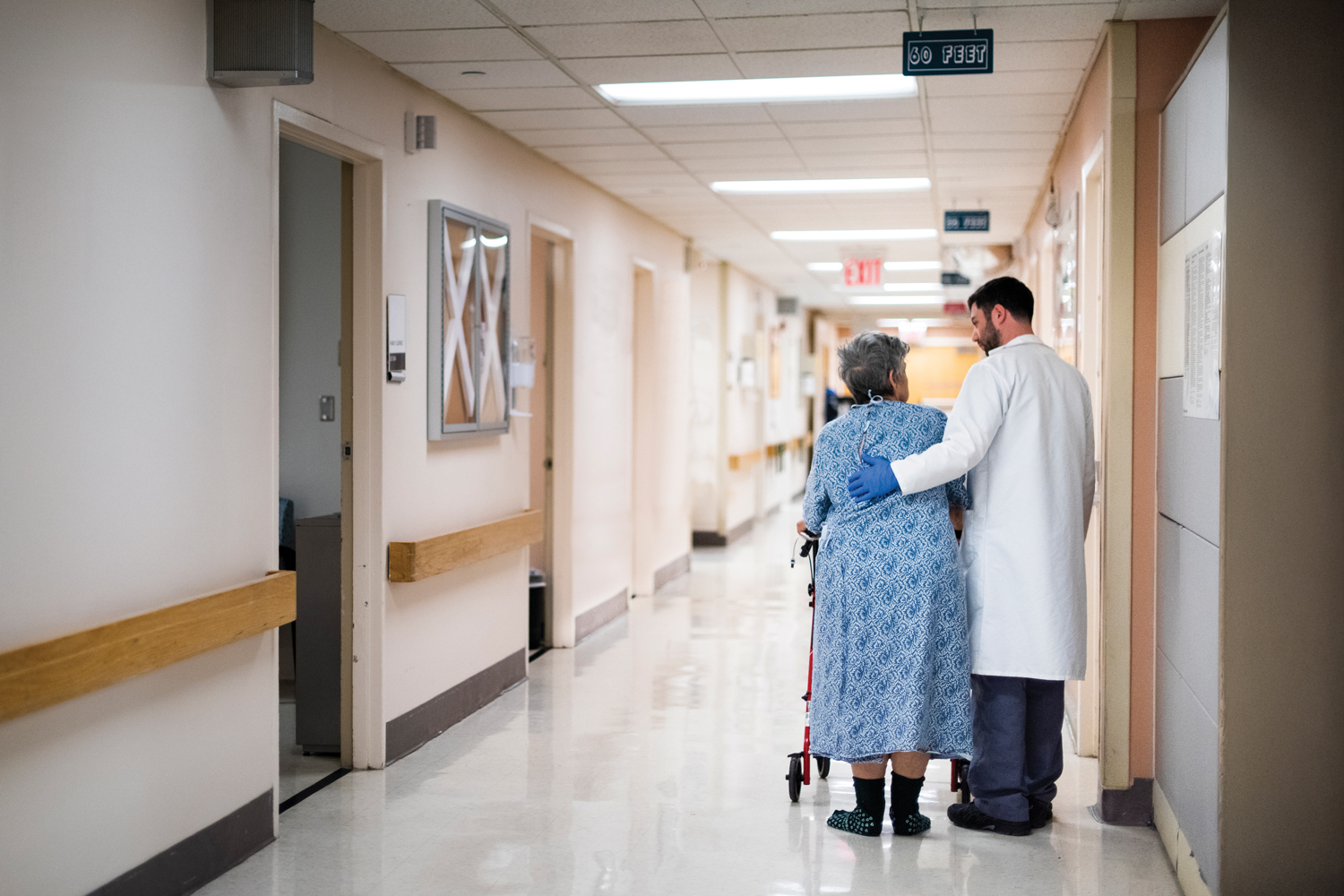Mayo Clinic granted $22M to study ibudilast in ALS patient program

A $22 million federal grant to the Mayo Clinic in Florida will fund a study providing access to the investigational therapy ibudilast (MN-166) for people with amyotrophic lateral sclerosis (ALS) across the U.S.
The award, by the National Institute of Neurological Disorders and Stroke (NINDS), will support a clinical trial that’s been given EAP, or expanded access program, status by the U.S. Food and Drug Administration. EAP allows patients with serious or life-threatening diseases to access an experimental medical product (drug, biologic, or medical device) outside a clinical trial when no other therapeutic options are available.
The trial will enroll about 200 patients in total, from all three Mayo Clinic sites — in Minnesota, Florida, and Arizona — and other institutions. The Mayo Clinic will receive $12 million and distribute the remaining funds to its partners.
Ibudilast’s effectiveness will be measured by changes in the blood levels of the neurofilament light chain (NfL) protein, a marker for nerve cell damage. For the first time in a clinical trial, participants will be able to monitor their own NfL levels, allowing patients and physicians to make decisions together, according to a Mayo Clinic news story.
“This trial will let patients monitor their own ALS condition, and we hope to confirm that this will be an effective way to evaluate progress in patients with ALS,” said Björn Oskarsson, MD, the study’s lead investigator and director of Mayo Clinic’s ALS Center of Excellence. “This is important because it is difficult to say if ALS disease progression is speeding up or slowing down.”
Oskarsson noted that “neurofilament light can be seen as sort of a speedometer that can give an indication whether a treatment is working or not.”

Ibudilast trial granted expanded access program status, will enroll 200
Physicians treating study participants will join a network managed by the Mayo Clinic and WideTrial, which helps patients access experimental treatments through the EAP. BioSEND, in collaboration with NINDS, will collect and store blood samples from study participants for future research, and will help establish an ALS biobank.
ALS is a progressive neurological disorder marked by dysfunction and death of motor neurons, the specialized nerve cells that facilitate movement, speaking, swallowing, and breathing. Its hallmark symptom is muscle weakness, which typically affects one part of the body at first, then spreads to other regions and becomes more severe.
Most patients first experience weakness in the hand or feet, while about one-third have problems swallowing and speaking. As the disease progresses, muscle atrophy (shrinkage), stiffness, cramps, and twitches or shaking develop. In the later stages, muscle weakness evolves into paralysis and impaired breathing, with lung failure as the most common cause of death in ALS.
The disease is usually classified into two types — familial and sporadic — based on whether or not the patient has a family history of ALS.
While there is no cure for ALS, several treatments can slow disease progression and extend survival. A number of symptomatic and supportive ALS therapies are available to help ease symptoms and maintain functionality for as long as possible.
“It is unfortunate that today we do not yet have highly effective treatments for most forms of ALS,” Oskarsson said. “We urgently need to find such treatments, and this project could get us one or more steps closer to finding our way there.”
MediciNova, the therapy’s developer, will supply ibudilast for the study. The oral treatment is thought to reduce inflammation in the brain and spinal cord — a known driver of ALS progression — and has neuroprotective effects.
It is unfortunate that today we do not yet have highly effective treatments for most forms of ALS. … We urgently need to find such treatments, and this project could get us one or more steps closer to finding our way there.
Ibudilast has been granted fast track and orphan drug designations in the U.S. for ALS, as well as orphan drug status in Europe. These designations are meant to speed a therapy’s development and regulatory review, and provide a period of market exclusivity if the treatment is approved.
In a previous Phase 2 trial (NCT02238626), ibudilast combined with the approved therapy Rilutek (riluzole) significantly improved functional ability and quality of life among participants. It also extended survival while delaying disease progression when compared with Rilutek alone.
The company is now testing ibudilast in a Phase 2b/3 trial called COMBAT-ALS (NCT04057898). It’s enrolling about 230 ALS patients at several locations in the U.S. and Canada. In addition to standard ALS medications, participants will assigned ibudilast twice daily, or a placebo, for one year.
Lastly, a recent Phase 1 study evaluated a new intravenous, or into-the-vein, formulation of ibudilast for those with ALS or other conditions who can’t swallow the oral capsules. Data showed it was safe and well tolerated in healthy volunteers, with mild side effects reported.
link







